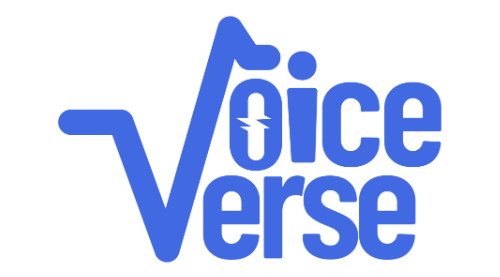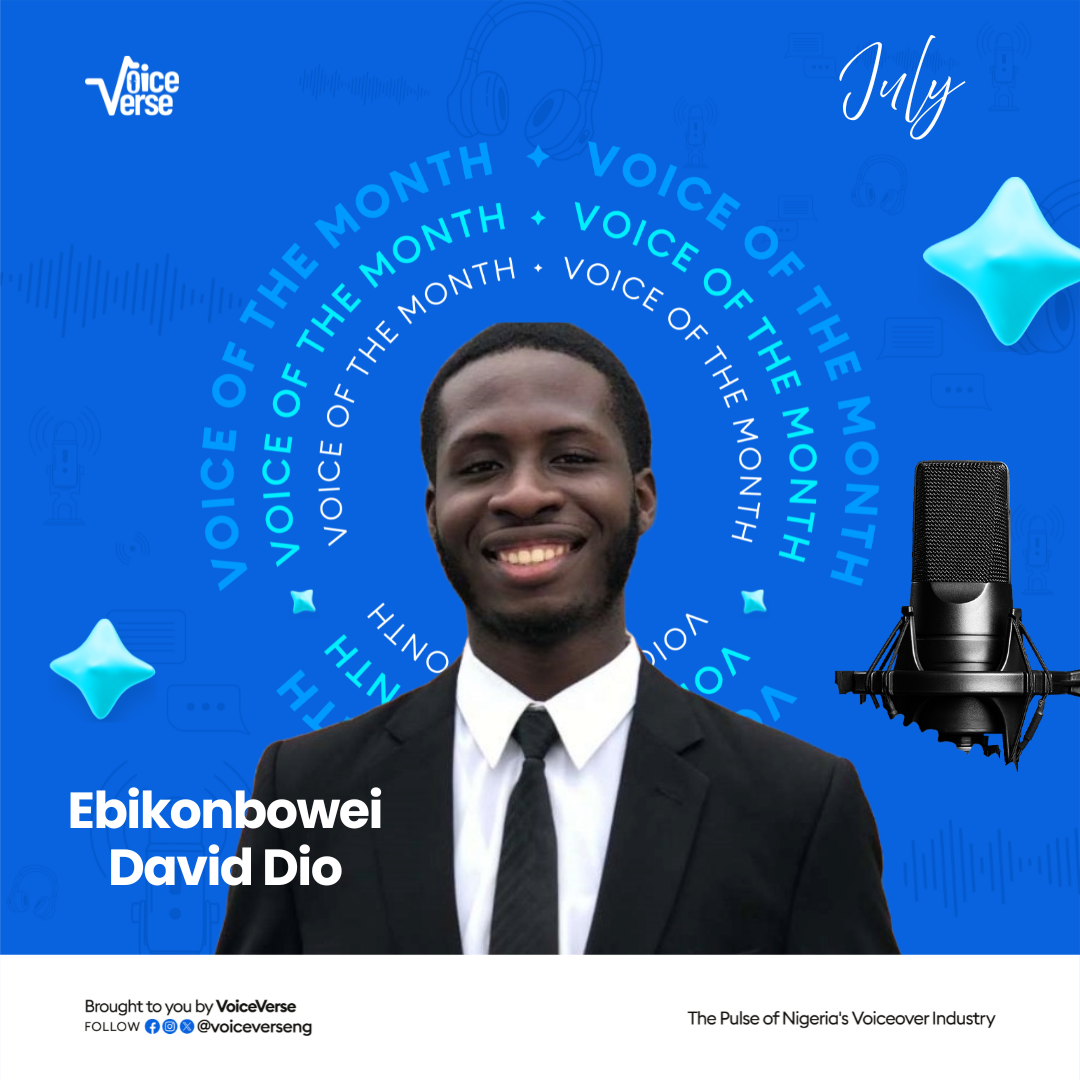Meet David
📍 Full Name: Ebikonbowei David Dio
🎤 Nickname: David Dio
📞 Contact: 07076143685
📩 Email: Konnovahq@gmail.com
📸 Instagram: javedd.vo
🎙️ Voiceover Demo: Listen Below
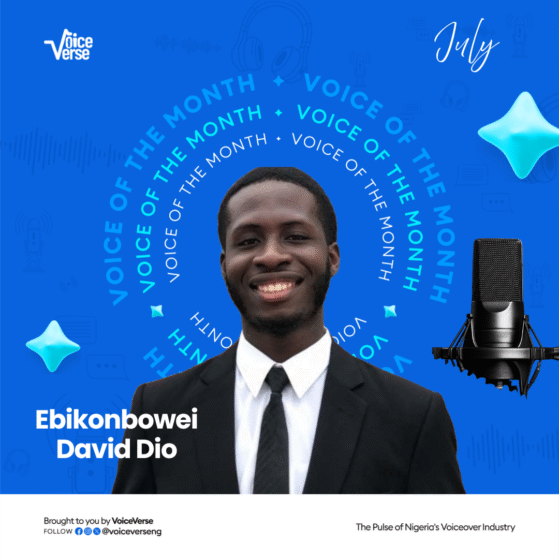
Bio
Ebikonbowei David Dio is a Nigerian law student and voice actor whose journey into voiceovers started in his mid-teens, recording funny skits and impressions for Instagram. What felt like play at the time was really the beginning of something deeper. He learnt by watching voice artists online, studying the timing in cartoons, and picking up the rhythm and emotion in foreign films.
With Just curiosity, consistency, and a voice that kept growing, he delved into a range of projects and activities that engaged his voice while growing up.
Whether he’s voicing a brand, a character, or a thought that needs to be heard, David brings depth to every project, and he believes the African voice has something the world should hear and he’s committed to making sure his voice echoes far beyond where it started.
The Interview
1. Tell us about yourself and how you started in voiceover.
My name is Ebikonbowei David Dio. I’m a final-year law student, and I’ve been doing voiceovers for about six years now—since I was 15.
It started with Trevor Noah, honestly. I used to watch his specials back to back, and I was fascinated by how he could switch his voice, do different characters, different accents, he made his voice do anything. I’d try to mimic him, and when I got back to boarding school, I’d mess around with my teachers’ voices to scare my friends. That’s really how I started discovering that I could do more with my voice.
From there, it just became a thing- from narrating school dramas, doing random impressions, even singing sometimes. I was just playing around until one day Tomiwa Immanuel came back to school to talk to the graduating students.
I walked in on him telling them how he makes money with his voice. He was a voiceover artist and an OAP at the time. And I just knew, “yeah, that’s what I want to do. That’s where this gift is going.”
2. What inspired you to pursue this career?
My inspiration to actually sit down and ask myself if voiceover was a viable path came during the lockdown. I was already doing voiceovers here and there for my church, and one day, the music director of our teen church choir asked me to record an outro for the online service since everything was going to be pre-recorded.
That was probably my first real, hands-on experience with voiceover—like, properly doing takes over and over again. I learned quickly that it’s not about what you want it to sound like; it’s about what the client wants. That was a shift for me. I even figured out how to use my mattress to block out noise and create a better recording space. And for just five lines, I did so many takes. It was exhausting, honestly.
But when it was all done, my music director asked for my account number—at the time, I didn’t even have one, so I had to use my parents’. He sent me a small amount of money, and I’ll never forget what he said: he could’ve just said thank you and moved on, but he sent the money to show me that if I could earn something from this, then more was possible. That stuck with me. It made me curious. I started asking: are people really doing this? Can you actually build something from it?
That’s what made me dig deeper and really decide to give this path a shot.
3. Who has inspired you the most in the voiceover industry?
My inspirations in the voiceover industry span a wide range, but I’d say the very first spark came from Trevor Noah. I don’t even think he’d call himself a voiceover artist, but the way he uses his voice, his impressions, his storytelling, the way he becomes characters—was my earliest push into exploring my own voice and creativity.
After that, there’s Pastor Tomiwa Immanuel. I stalked his Instagram for a long time. A lot of my early posts were literally just me imitating his style. I’ve learned so much from him – some directly, a lot indirectly and he’s someone who genuinely encourages me till today.
Then there’s Mr.Seun Shobo, Femi Bakes, and Bayo Oduwole. Meeting Bayo was a huge turning point for me. As a young guy starting out, everyone I saw in the Nigerian VO space looked way older, and I kept wondering if I was just early—or doing something wrong. But then I found Bayo, and it was like, okay, there’s space for people like me too. That discovery gave me so much life.
Femi Bakes has also been super supportive. And Queen Noveen, she’s my favorite announcer of all time. Stefan Johnson’s range blows me away. TCode is doing visionary work in the VO space, especially in Nigeria, just creating room for people to connect and grow. He expands my vision in a big way.
Honestly, I could go on and on. But yeah, these are some of the people who’ve deeply inspired me on this journey.
4. What kind of voiceover work excites you the most?
The type of voiceover work that excites me the most is announcements. Now we’re talking backstage live announcements, sports announcements. I think it’s an amazing opportunity to just be, right? And I think that’s one of the genres of voiceover that clearly captures the essence of voiceover for me.
Because it’s something where you get to see live, you get to experience live feedback from your voice. No waiting for production, no waiting to clean up audio or do post work. You get to feel the direct effect your voice has on the audience and the vibe that the producers of an event are curating. And I think that’s just so amazing.
One time, I did a reveal after doing an announcement for a talent show, and I used my voiceover voice on stage and it just blew everybody away. I love announcements so much. If I could pick one genre to do for the rest of my life, it would definitely be announcements.
5. How have you been improving your skills?
I would say this has been rough for me, mainly because of my very rigorous schedule as a law student. But the way I’ve found around it is that a lot of the time, it doesn’t have to be these long, dedicated time blocks like, “Oh, this morning I’m going to do this,” or “This evening I’m going to do that.” Sometimes, you just have to pick out moments.
So, I basically commit myself to developing my skills by constantly listening to things that help me grow in the career, especially around the business side of things. I’ve also learned the importance of warm-ups. You don’t just jump into a script like that. I came from a place of being self-taught, to actually taking formal classes online and doing a lot of research.
One thing I’ve realized is that when you start young, you’re often just excited to show your skill. That’s where I was. But now, the kind of improvement I’m chasing is different. My focus now is also on the business side. My mindset has shifted from “I’m a voiceover artist” to “I run a voiceover business” or a company even, if the shoe fits. That shift alone has helped me elevate my thinking.
And studying law has played a huge part too. Learning about intellectual property, for example, has helped shape how I view my work especially when it comes to contracts and relationships with clients. So yeah, I’m still learning, still growing, but in a much more intentional way now.
6. What challenges have you faced, and how have you overcome them?
One of the first challenges I faced in the voiceover industry was access to training. Formal coaching or even basic guidance wasn’t easy to find about five or six years ago. That’s not the case anymore. These days, there are plenty of voiceover artists ready to teach and share. But back then in my experience, it was tough. I had to do a lot of digging on my own. What I found is that if you’re willing to put in the work, the people and resources you need aren’t that far off.
Another challenge was landing clients and managing those relationships. In an industry like ours that isn’t clearly regulated, it can be hard to navigate expectations and pricing. Some clients want to pay next to nothing but expect the world. I didn’t know how to handle that early on. I used to accept whatever came my way. But with time and experience, I learned how to filter. You start recognizing the kind of clients you want to work with, and the ones you’re better off leaving behind. That lesson came with some hard moments, but it shaped me.
There was also the fact that, especially in Nigeria, the voiceover space didn’t feel clearly defined. Things felt scattered. There wasn’t a system to plug into or a clear path to follow. Thankfully, that’s changing now. Communities like AVOA, Voiceverse, and the Nigerian Voiceover Bank are doing solid work to bring structure to the industry.
Another challenge a lot of us face is the lack of general awareness. In Nigeria, voiceover still isn’t something people understand easily. You tell someone you’re a voiceover artist, and they look confused. Meanwhile, they’re hearing voiceovers every single day. At first, that felt discouraging. But now, I see it as a chance. It’s actually cool to be one of the only voiceover artists people around me know. I get to introduce them to a whole new world.
So yeah, those are a few of the challenges I’ve had to deal with, and how I’ve found my way through them.
7. What are your career goals in the VO industry?
As someone who is in the mix of the corporate world and the creative space, I find myself thinking a lot about how voiceover fits into our daily lives. Not just in media, but in real, functional ways. In transport systems. In education. In the way we interact with the world around us. A lot of that is already happening globally, but in Nigeria, I believe we’re just scratching the surface. That’s a space I want to step into more. I may not have all the details figured out, but I know that the path exists, and I’m curious enough to walk it. I’ve always been someone who just takes the next step and watches what doors open.
Now when it comes to the usual voiceover niches, announcements are top of the list for me. Whether it’s for live shows, TV productions, awards, or even something like Big Brother, I would absolutely love that. I also want to do animation. That’s a whole world I want to explore. And documentaries too, especially for causes that matter. Stuff that speaks to issues affecting real people and brings attention to the things that actually shape our lives.
At the end of the day, I want my voice to resonate differently. I think commercial work is great and will naturally come, especially when your voice is tied to something meaningful. But more than just being a voice for brands, I want to align with the ones that fit my vision. Projects that ripple. Projects that move people.
So yes, I want to keep helping people bring their scripts to life. I want to offer voiceover as a solution. I want to be a problem solver. And I’m looking forward to the kind of work that doesn’t just help me make money, but gives me meaning too.
8. What’s the most ridiculous fee you’ve ever accepted for a voiceover project, and how did it happen?
To be honest, the most ridiculous fee I’ve ever accepted for a voiceover was nothing. Absolutely nothing. I thought I knew what I was doing at the time. I was just excited to get voiceover work, especially at that level. I was really young, probably around 15. A brand reached out and said someone had given them my number. Right there in their introduction message, they told me they had no money to pay me. And somehow, I still agreed to do the work.
It was speaker bio narrations for an event. They had almost 20 speakers. I didn’t fully grasp the weight of what I had said yes to until I was neck-deep in it. I was recording late into the night, using my dad’s phone in my room, trying to get clean audio. It was stressful, but I just kept going, even though I knew they weren’t paying me.
Looking back, I want to chalk it up to naivety. But sometimes when I think about it, I genuinely want to punch myself. That kind of thing is not happening again. The lowest I’ve ever taken intentionally was nothing. And that’s how it happened.
9. Have you ever worked with an annoying or overly demanding client? Tell us your most unforgettable ordeal!
I think that generally, I tend to find corrections annoying in some instances. Some clients can be very meticulous about what they want their scripts to sound like, and honestly, I don’t fault them for that. Everyone has a right to maintain quality control across all their content. That’s perfectly valid. But I just find it very annoying when I have to make corrections. It’s like, wow, after all this work, you people are still texting me that something is wrong?
To narrow it down, I would say one situation that stuck with me was where the… Omo. Funny enough, nothing actually comes to mind immediately. I’m sure there have been very annoying people, like specifically annoying clients, but I don’t really hold on to those memories too deeply. So I’ll just talk about the general thing. Clients who are super meticulous about sound and script delivery can be extra annoying sometimes. But at the end of the day, you just have to take it in good faith and do the work.
10. What advice would you give to other upcoming voiceover artists?
If there’s any advice I’d give to upcoming voiceover artists, it’s this. You need to learn how to fail forward. I know it sounds cliché, but it’s actually real. One thing I struggled with at some point was self-doubt. And I’m not just talking about the kind that stays in your head. I’m talking about the type that starts to leak into your actual work. It starts to affect your delivery, your confidence, how you respond to feedback. That should happen minimally, if at all.
The more you try new things, the more you fail, and the faster you get to figure out what doesn’t work. That’s how you sharpen your edge. You test. You tweak. You do it again. Being great is not magic. It’s the result of putting in hours. 10,000 hours if you want to get technical. It’s a game of consistency, feedback, and discipline. It’s not everyday vibes. Sometimes it’s just grind.
Also, please seek out knowledge. There’s more information available now than ever before. Nobody is hiding the keys to the voiceover industry. The people you admire are posting tips, running classes, and sharing their process. Learn from them. Follow them. Don’t let pride or fear stop you from getting better.
Because if you keep showing up, one day you’ll become what you used to look up to.
11. Where can people find your work and connect with you?
My work is generally available on Instagram, Tik Tok and for other works that aren’t voice acting, medium for writeups, miscellaneous. My Instagram handle is @javedd.vo and you could always text me there and say hi; Or hit me at Konnovahq@gmail.com if you want to talk business.
